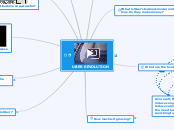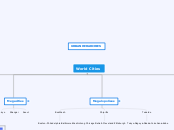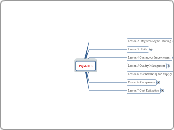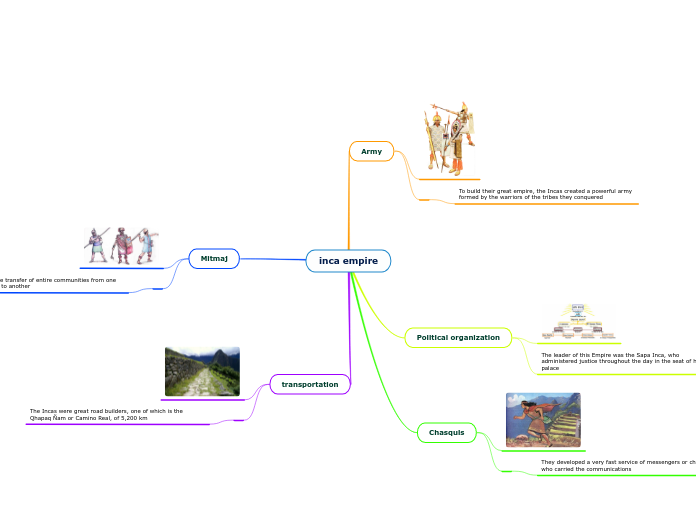What is Uber's value proposition?
It is centered around a smartphone app that allows consumers to submit a trip request and drivers to directly respond from their own cars.
How does Uber's customer experience look like?
It cuts out the middleman because with uber it is not necessary to contact a taxi firm which then contacts a driver on your behalf.
As a result, the service also helps reduce congestion and potentially reduce vehicle mileage as it eliminates the need for cabs to drive around searching for work.
UBER REVOLUTION
What is Uber?
It is an international transportation network company designed as a modern alternative to traditional taxi cab systems.
How global is Uber?
Five of its biggest markets remain within the US, Chicago, Los Angeles, Washington DC, New York, and San Francisco. The service is expanding everywhere. Now more than 65 countries and 350 cities are connected by Uber.
What are other alternatives in the market?
The most prominent rival to Uber comes in the form of a four-way international alliance between Lyft, GrabTaxi, Ola, and Didi Chuxing. The merger enables the quartet of companies to share the service they provide. Therefore, greatly enhancing each brand.'s respective reach.
Innovation and success.
How did it become so successful?
They did it by creating a global army of locally focused brand ambassadors.
How will Uber expand?
- Uber is in a healthy financial position with plenty of capital raised to fund further expansion.
- China is a particular target market for the future as the company looks to fend off their competitors by spending up to 1 billion dollars a year in the country and expanding into 100 more Chinese cities.
- There are also plans to develop a full-scale food delivery service called UberEATS and to establish Uber trip experiences as a leading content provider to every Uber customer what started as a smart way to get from A to B could become an all-encompassing tool for day-to-day life in the 21st century.
How much is it growing?
They are doubling every 6 months. They are doing billions of dollars in transactions a year. In 2015 Uber became the fastest ever startup to achieve a 50 billion dollar valuation.
What are the benefits of Uber?
For the driver, Uber allows for greater flexibility and control. It doesn't rely on cars being hailed from the street, which opens up a whole new prospective clientele in less built-up areas of the city.
A special perk is that it allows you to track that cabs journey towards a meeting point ensuring that your time isn't wasted blindly waiting to be picked up.
From the consumer perspective, Uber has made hailing a cab a much more pleasant consumer experience.
What is Uber's business model and how do they make money?
When the demand exists what the service can offer, fares increase, but if ever there are more cabs on the road than customers needing them, the prices fall.
The service is built around an algorithm that incorporates surge pricing to ensure that fares remain appropriate for the local level of supply and demand at any one time.
Since its beginning, Uber has taken a 20% commission from every fare made by its drivers, although throughout 2015, the cut has been tentatively raised in some cities to 25 or even 30 percent.
What does Uber offer?









